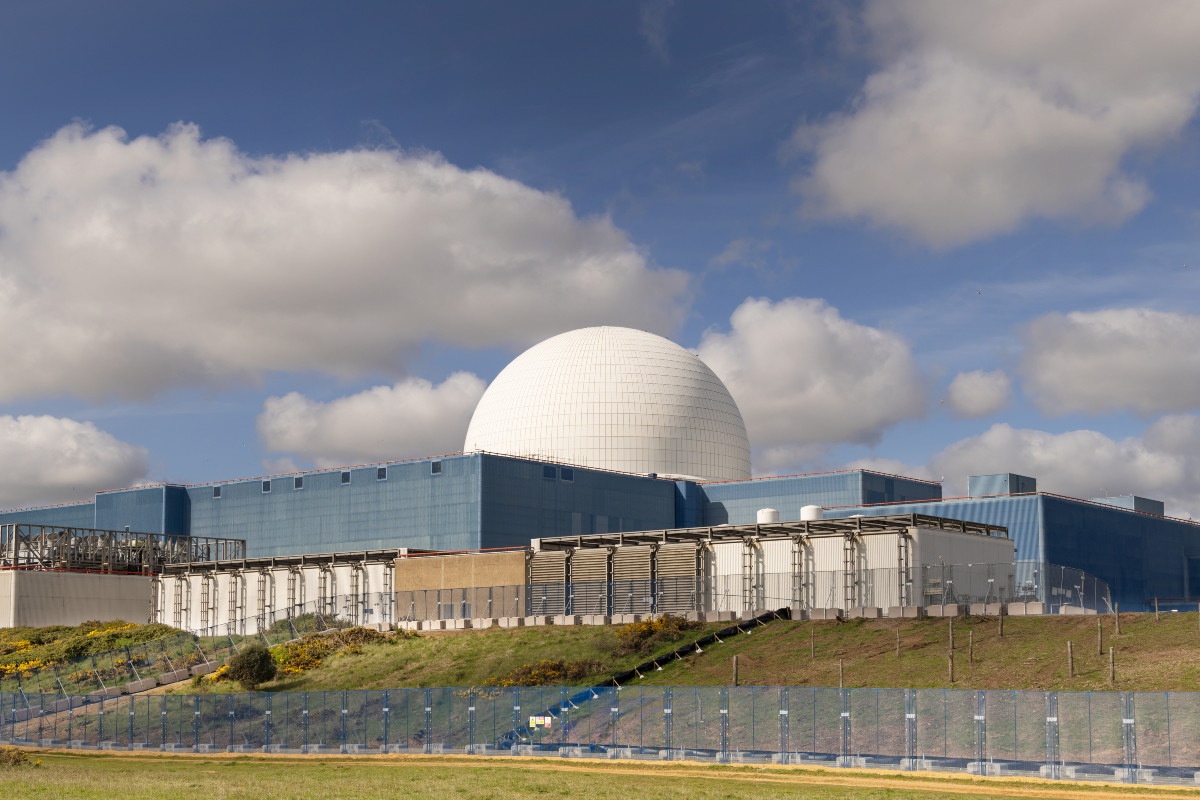Nuclear power is unlikely to be the saviour of UK data centres’ power woes without reform, according to a new report from the UK Government’s Nuclear Regulatory Taskforce.
The report warns that Britain has become the most expensive country in the world to deliver nuclear projects and urges a ‘radical reset’ of regulation to meet rising electricity demand from AI, data centres and wider electrification.
The taskforce claims that regulation has played a major role in driving up costs and delaying projects. It argues that with a ‘radical reset’, the UK could support a new wave of nuclear construction just as it faces surging demand from data centres, electric vehicles and the wider decarbonisation of heat and industry.
The taskforce is led by John Fingleton, former boss of the Office of Fair Trading and a current board member at UK Research and Innovation (UKRI). He says in the report that there are fundamental regulatory drivers of high cost and delay, citing risk aversion; a prioritisation of processes over outcomes; and the lack of incentives to maximise the benefits to society.
47 recommendations to reshape nuclear oversight
The document sets out 47 recommendations for ministers, grouped into five broad areas:
- Providing clearer leadership and direction for the nuclear sector
- Simplifying the regulatory approval process for atomic projects
- Reducing risk aversion
- Addressing incentives that currently enable or even reward delay
- Working more closely with industry to speed delivery and boost innovation
One of the headline proposals is the creation of a new Commission for Nuclear Regulation that would act as a ‘unified decision maker’ across existing regulators, planning authorities and approval bodies.
The report recommends ‘streamlining regulation’ to avoid ‘overly bureaucratic, costly processes’, while arguing that this can be achieved without compromising safety and, in some areas, while actually improving safety standards.
It also calls for reforms to environmental and planning regimes to speed up approvals, echoing earlier moves by the Government to streamline processes for large data centre developments. Among other changes, it suggests amending the cost cap for judicial reviews and limiting legal challenges to Nationally Strategic Infrastructure Projects (NSIPs), as well as indemnifying nuclear developers against damages incurred if they proceed with construction while a judicial review is ongoing.
Another recommendation likely to attract scrutiny is a proposal to modify the Habitats Regulations to reduce costs. These rules are intended to protect some of the most important and vulnerable natural sites and wildlife species across the UK.
The report further argues that current radiation limits for workers are overly conservative and well below what could be appropriately considered “broadly acceptable,” claiming that they are many times less than what the average person in the UK normally receives in a year.
Nuclear race accelerates as AI drives demand
Other countries are already moving to clear the way for more nuclear capacity, the taskforce notes. In the US, the White House ordered the reform of the Nuclear Regulatory Commission earlier this year, while France has passed a Nuclear Acceleration Act to simplify permitting and speed up the construction of new reactors.
For the UK, the timing is particularly sensitive. The Government’s AI Opportunities Action Plan, outlined at the start of the year, envisages rapid expansion of data centre capacity. Even before that plan was announced, the head of National Grid was warning that data centre power consumption was on track to grow 500% over the next decade.
That growth is happening now, however, while large nuclear plants can still take up to a decade to build and commission. Small modular reactors (SMRs) are often presented as a faster option, but even here the timescales are long. The UK’s first nuclear plant powered by SMRs was confirmed this month, yet it is not expected to generate power until the mid-2030s.
That’s why the Nuclear Regulatory Taskforce claims that the UK stands at a critical juncture. “Once a global leader in nuclear energy, it is now the most expensive country in the world to deliver nuclear projects,” it says. “Existing power stations are approaching the end of their lives, while replacements are delayed and over budget.
“To meet the UK’s growing energy demands, to drive down carbon emissions, and to sustain our strategic nuclear deterrent, along with the high-value jobs and economic growth these will bring, the sector needs an urgent transformational reset.”
Whether the Government now embraces all, some or few of the 47 recommendations will determine how quickly that reset takes shape – and how far nuclear can realistically contribute to powering the UK’s increasingly digital, electrified economy over the coming decades.


